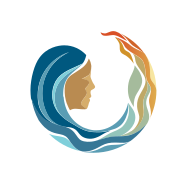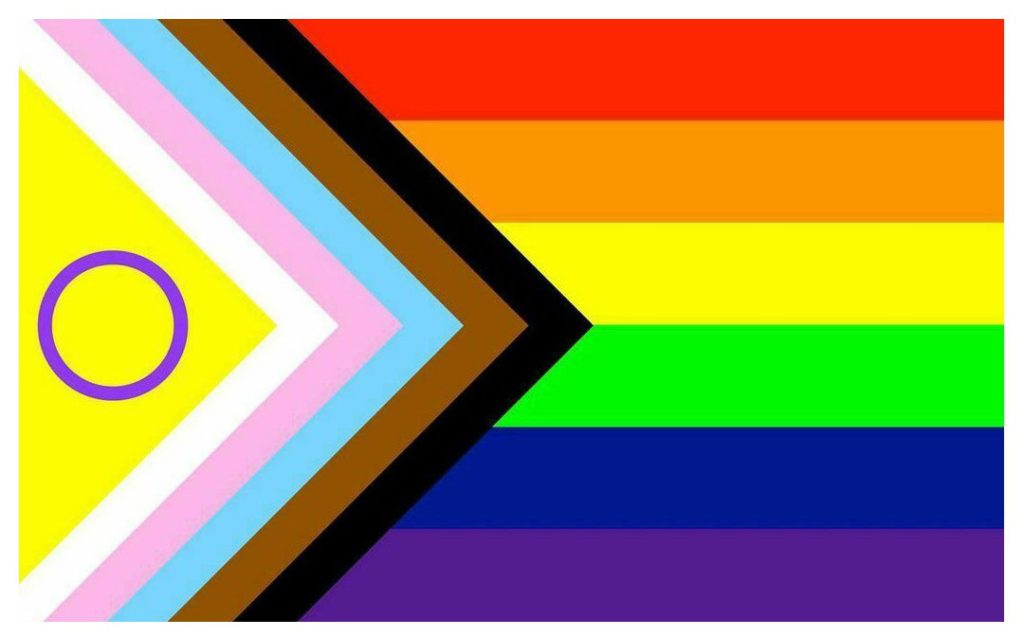MMIWG2S+
Traditional Understandings of Gender Diversity

The MMIWG2S+ genocide remains ongoing across Turtle Island and Inuit Nunangat. The genocide began with settler colonialism. Settler-colonialism is the system created when European settlers came overseas in search of new land. Indigenous Communities were forced to change their culture, gender systems, and roles in communities due to European settlers, the Residential School System, and the Indian Day Schools. Despite centuries of resilience, Indigenous Women, Girls, Two-Spirit, Transgender, and Gender Diverse People continue to be more vulnerable to targeted attempts to harm them, including abduction, assault and murder. They are also more likely to experience forms of gender-based violence in various situations legally, socially, medically, and politically, due to no fault of their own, but rather having to navigate their realities without adequate distinctions-based supports.
Important facts to know about the ongoing MMIWG2S+
- Indigenous WG2STGD People are 12x more likely to be murdered or missing
- Indigenous women are sexually assaulted three times more often than non-Indigenous women
- Most of the women and children trafficked in Canada are Indigenous
- Indigenous women are almost 3x more likely to be killed by a stranger than non-Indigenous women are
- In one Ontario study, researchers found that 73% of gender-diverse and Two-Spirit Indigenous people experienced some form of violence
- There are 957 reported cases of missing or murdered Indigenous WG2STGD People
- 55% of MMIWG(2STGD) people involve those under the age of 31
- Of the cases where this information is known, 88% were mothers
- Nearly half of the murder cases in NWAC’s database remain unsolved
Despite the ongoing genocide, Indigenous Communities remain strong, resilient, and fierce in their searches for their missing sisters and siblings. NWAC has been working towards ending the MMIWG2S+ genocide since as early as 1994 by responding to policy, reports, and working on the ground to help all Indigenous Communities. Indigenous Peoples bring visibility to the MMIWG2S+ genocide through activism, art, and storytelling. The experiences of survivors, families, and communities of those who have gone missing, and murder show the desperate need for continued action by those in positions of power. Even when policies and calls for action remain unanswered or under investigated, communities and allies continue to highlight the rights of all Indigenous Peoples to live without fear and safety.
How can I provide solidarity and allyship?
Listen
- To the experiences of those around you and provide them a safe space to be open
- To the ways that Indigenous People are portrayed in media and call out against these misrepresentations
Read
- Books, testimonials, policies, and reports about the ongoing MMIWG2S+ and share those with those around you
- Purchase books and other resources from Indigenous Peoples and organizations to support in small ways
Share
- Alerts when someone goes missing in a local community, resources when you find them, share your energy by being an active listener, share your knowledge with others around you, especially to those who do not know about the genocide
- Resources found on our Generation4EqualityDrive
Show up and Support
- To vigils, when someone goes missing, if you see something saw something, and validate the experience of survivors, families, and communities
- Those selling MMIWG2S+ art, posters, stickers, and buttons to support a small Indigenous business
- Volunteer your time when allies are asked to help with events, vigils, and other opportunities
https://www.niwrc.org/resources/brochure/when-loved-one-goes-missing-quick-reference-guide-what-do-first-72-hours
- https://nwac.ca/assets-knowledge-centre/Fact-Sheet-MMIWG-1.pdf
- https://www.nwac.ca/assets-knowledge-centre/Fact_Sheet_Missing_and_Murdered_Aboriginal_Women_and_Girls.pdf
- https://www.nwac.ca/assets-knowledge-centre/NWAC-action-plan-English.pdf
- https://nwac.ca/assets-knowledge-centre/Web-MMIWG-calls-to-justice..new.pdf
- https://safe-passage.ca/
- This website is dedicated to ending the ongoing MMIWG2S+ genocide and ensuring the continued safety of Indigenous Women, Girls, and 2SLGBTQQIA+ People.
- Sacred Bundles Unborn edited by Morningstar Mercredi & Fire Keepers
- Highway of Tears by Jessica McDiarmid
- Forever Loved by Dawn Memee Lavell-Harvard & Jennifer Brant
- Our Missing and Murdered Indigenous Sisters by Kim Andersonp- Keetsahnak
- Invisible Victims MMIW by Katherine McCarthy
- Reconciling Canada- Critical Perspectives on Culture of Redress
- Torn from our Midst- Voices of Grief, Healing, and Action from the Missing Indigenous Women Conference
- Obstruction of Justice- The Search fro Truth on Canada’s Highway of Tears by Ray Michalko-
- The Missing by Melanie Florence
- Our Voice of Fire: A Memoir of a Warrior Rising
- Dakota by Gwen Florio
- A Collective Voice for the Victims Who Have Been Silence- The Highway of Tears Symposium Recommendations Report
- Missing Nimama (Childrens book) by Florence Melanie-
- In Spirit by Tara Beagan
- Remembering Vancouver’s disappeared women: settler colonialism and the difficulty of inheritance by Amber Richelle Dean
- Violence against Indigenous women: Literature, activism, resistance by Allison Hargreaves
- Stolen sisters: the story of two missing girls, their families and how Canada has failed Indigenous women / Emmanuelle Walter; translated by Susan Ouriou and Christelle Morelli ; foreword by Melina Laboucan-Massimo.



